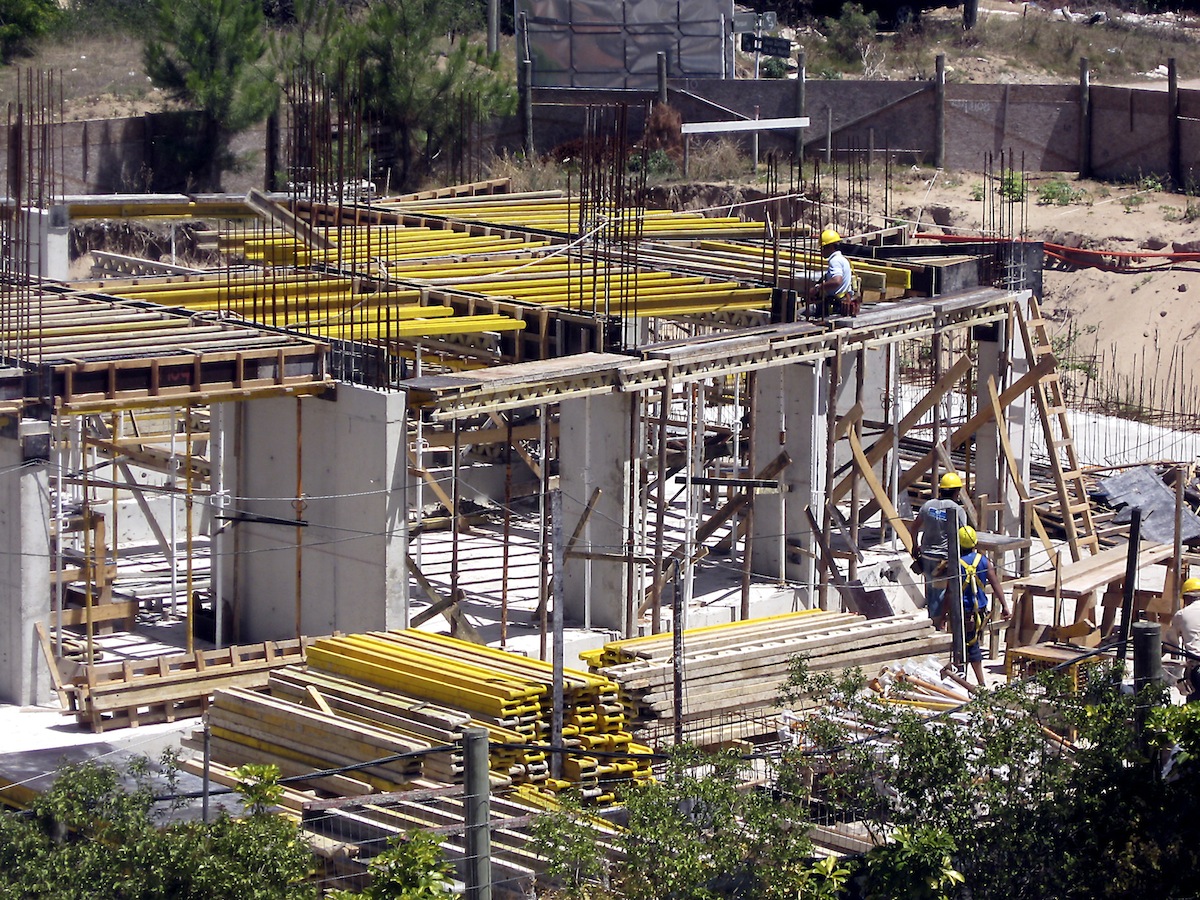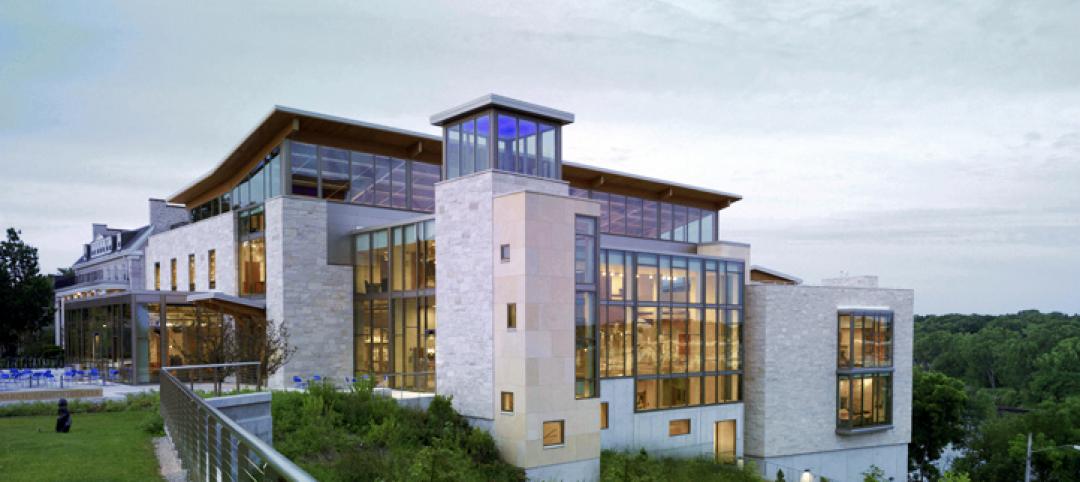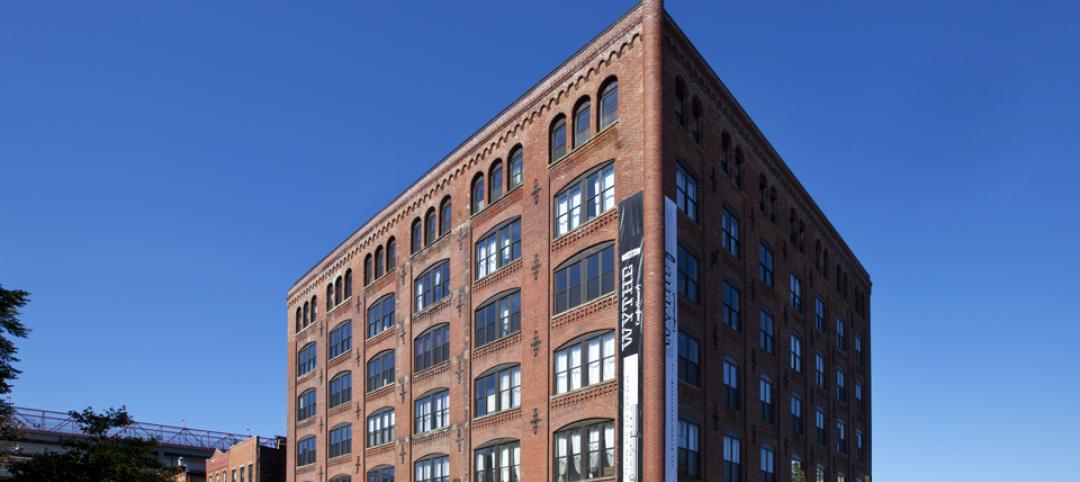Leopardo Companies, Inc. released its 2015 Construction Economics Report and Outlook, an essential guide to help business leaders, healthcare administrators, and government decision-makers understand the factors that impact construction costs.
This year’s report shows that different factors have opposing effects on construction costs. Low oil prices greatly reduce the cost of construction, and some material costs have come down over the past year.
But these factors reducing cost are more than offset by the strong increase in labor costs, brought on by a shortage of skilled workers as more than 25% of Illinois construction workers left the industry over the past five years. The overall effect is that construction costs are rising as development volume increases in Chicago and across Illinois.
“Organizations that are considering new construction and renovation projects need to understand the factors in the economy and in the construction industry that may affect the timing and cost of their projects,” said Leopardo President Rick Mattioda. “Our annual Construction Economics Report and Outlook offers a wealth of useful information to help people make informed decisions when building.”
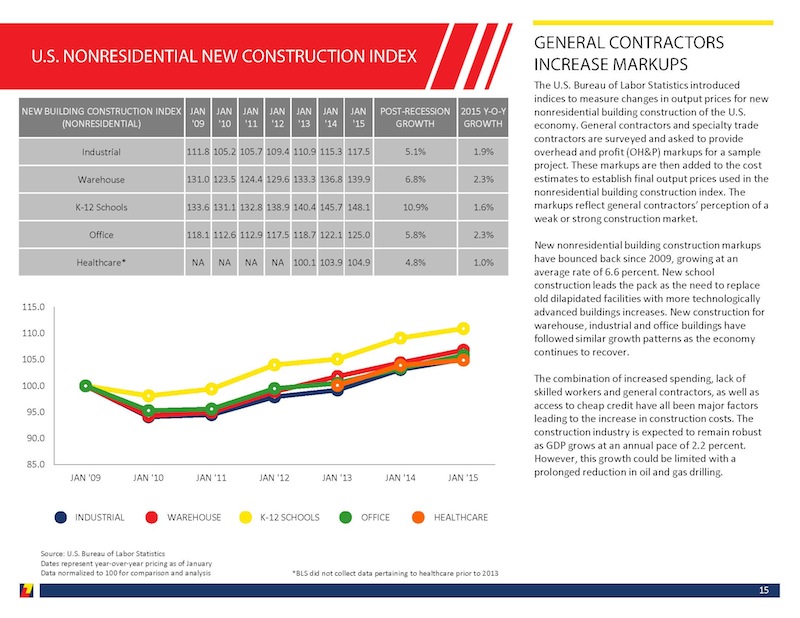
To create the report, Leopardo analyzed economic and construction industry data from universally respected sources, and utilized that data as well as the experience of the firm’s principals to forecast the direction of construction costs over the next year.
The report provides current and recent costs relating to:
• Construction materials, including steel, wood, concrete, asphalt, aluminum, copper and paint
• Oil, electricity and other energy sources
• Union and general wage increases for construction workers and specialty contractors
• Average markup of contractor and subcontractor bids
Also included in the report is economic data such as the Producer Price Index, the Consumer Price Index, employment projections for Illinois, and construction spending by industry.
The report concludes with a snapshot of construction volume and trends by property type, including office, warehouse, hotel, multifamily residential, healthcare, educational, entertainment, and public-sector properties.
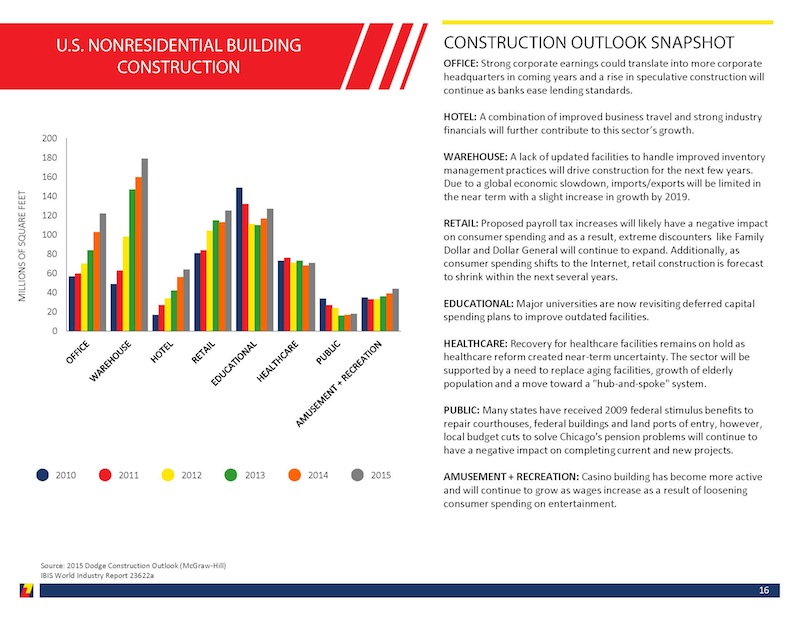
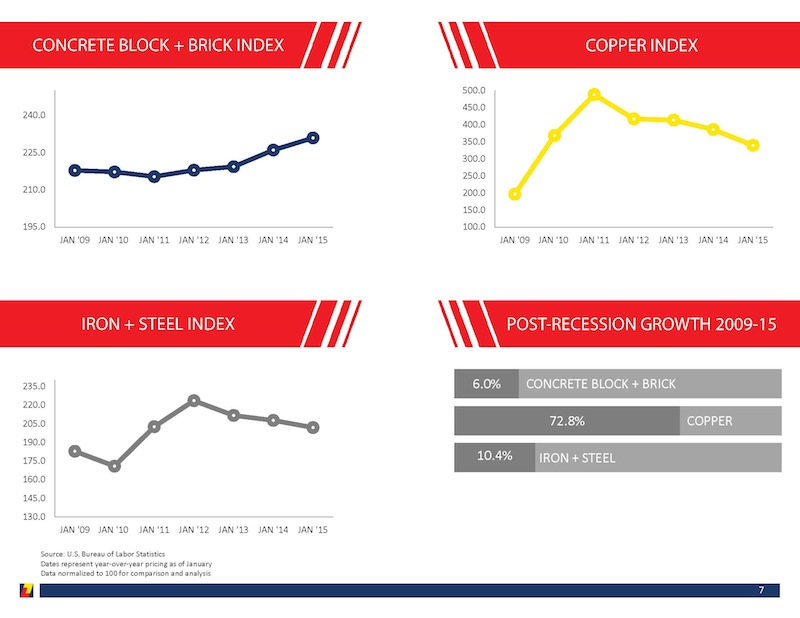
Related Stories
| Sep 9, 2011
Hardinger joins Ryan Companies as vice president, mission critical
He will lead the Ryan team responsible for building and developing data centers and other mission-critical projects, and will oversee business development, client relationships, executive level communications and overall marketing strategies for the division.
| Sep 8, 2011
Boldt Co. reaches 4 million hours with a lost time accident
Four million hours. That’s an average of over 2,600 continuous safe work hours completed by every employee—the equivalent of one person working 24 hours a day for over 450 years.
| Sep 7, 2011
KSS Architects wins AIA NJ design award
The project was one of three to win the award in the category of Architectural/Non-Residential.
| Aug 31, 2011
Wythe Confectionary renovation in Brooklyn completed
Renovation retains architectural heritage while reflecting a modern urban lifestyle.
| Aug 31, 2011
Balfour Beatty Construction hires Portnoy to lead public-private partnerships
Portnoy will help lead and coordinate the pursuit and delivery of public-private partnerships within all of the company’s U.S. regions.
| Aug 24, 2011
Deadline Extended: 2012 "Best AEC Firms to Work For” Awards
We’re looking for firms that create truly positive workplaces for their AEC professionals and support staff. In other words, this awards program will recognize those AEC firms that nurture and develop their most valuable asset—their people.
| Aug 19, 2011
How and why AEC professionals choose flooring systems
Design and construction professionals who completed our flooring survey had strong opinions about their preferred flooring type.
| May 25, 2011
Register today for BD+C’s June 8th webinar on restoration and reconstruction projects
Based on new and award-winning building projects, this webinar presents our “expert faculty” to examine the key issues affecting project owners, designers and contractors in case studies ranging from gut renovations and adaptive reuses to restorations and retrofits.


